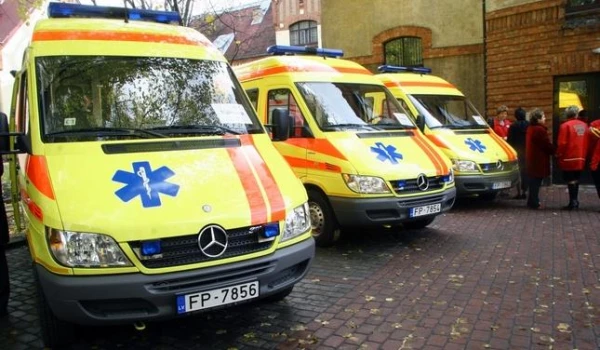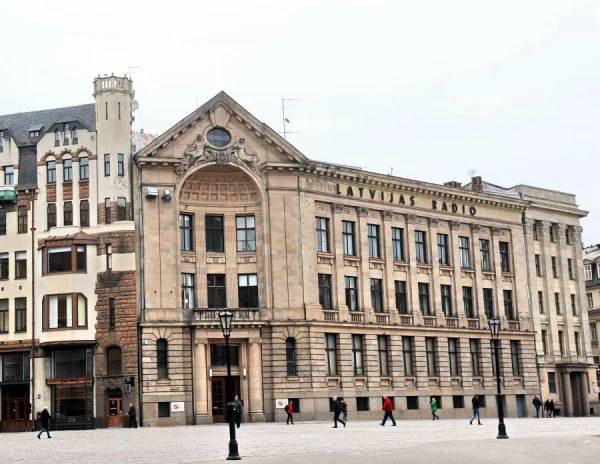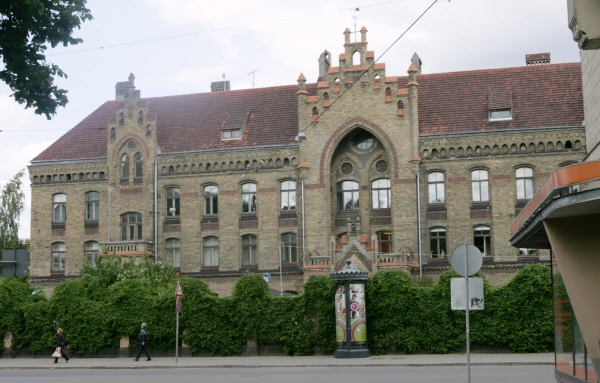
The patient organization "Onkoalianse" calls on the Ministry of Health (MH) and other decision-makers to take immediate action to ensure the acquisition of robotic surgery systems using available funding from the European Union (EU) funds, the organization reported.
The organization is concerned that there is currently a risk of not utilizing EU funding intended for the acquisition of robotic surgery systems for the treatment of cancer patients. "If decisions are not made soon, there is a real danger that the funding of 4.5 million euros will not be utilized by the set deadline — May 2026," the organization stated.
"Onkoalianse" explains that a total of 9 million euros from European funds has been allocated for the acquisition of robotic surgery systems for Latvia. Half of this amount is directed towards the reconstruction of the inpatient facility of the "Latvian Oncology Center," while the remaining part, approximately 4.5 million euros, is intended for the purchase of robotic surgical systems.
So far, there has been no clear progress in the procurement and implementation process, which "raises concerns about delays in project implementation and loss of funding," states "Onkoalianse."
The organization emphasizes that robotic surgery allows for more precise and less invasive operations, reducing the risk of complications and significantly shortening recovery time. Patients after such operations return to work and daily life more quickly, which also reduces the economic burden on the state, notes "Onkoalianse."
The most popular and widely tested system in the world is the "da Vinci" technology, which is used in more than 70 countries, including Germany, Italy, the USA, and Scandinavia. In these countries, it has become the standard of care, especially in the fields of prostate, gynecological, and oncological surgeries, reports "Onkoalianse."
"Robotic surgery means fewer complications, faster recovery, and significant improvement in patients' quality of life," notes Edgar Abolins, a board member of "Onkoalianse."
Abolins, himself a prostate cancer patient, explains that manually performed surgery often irreversibly affects the patient's quality of life — incontinence and loss of sexual function are just two of the most severe side effects. However, robotic surgery significantly reduces these consequences, Abolins shares.
The organization points out that more and more Latvian patients prefer to go abroad, for example, to Germany or Austria, to receive such treatment, which confirms the demand and necessity for the implementation of this technology in Latvia as well.
"Onkoalianse" is a Latvian association of cancer patients that unites patient organizations with various types of cancer for the targeted implementation of evidence-based patient advocacy.















Leave a comment